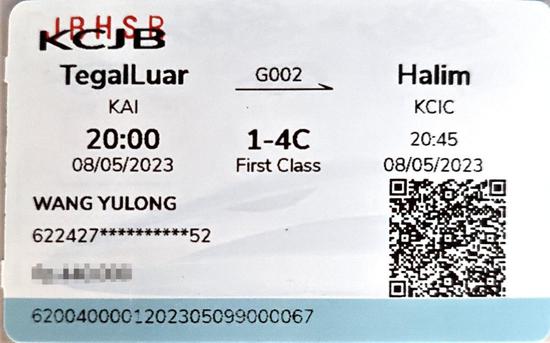Eleven Chinese research institutions said in a joint open letter on Tuesday that they are willing to collaborate with researchers focusing on Xinjiang around the world to promote academic research on Xinjiang-related issues.
The open letter came after an Australia-based independent scholar Maureen Huebel was subjected to cyberbullying by anti-China forces since expressing her research plan on Xinjiang recently.
These institutions, from various regions of China and having long been committed to researching Xinjiang-related issues, said that they are willing to share the vast amount of objective information and research results they have accumulated over the years in fields such as history, security, law, politics and ethnicity.
Huebel's plight is not a unique case. Chinese and international scholars conducting objective, impartial and independent research on Xinjiang-related issues have become targets of vilification, said the joint open letter.
Under the guise of "academic research", some "research institutions" and "scholars" outside of China, either out of ideological bias or for their interests, have become producers and disseminators of false information in recent years. They have distorted the facts and manipulated the issues related to Xinjiang, seriously hindering the healthy development of academic research, it said.
All of those acts fully demonstrated that Cold War mentality and politicization of academic research are blurring the boundary between politics and academics, and between facts and fiction, challenging academia's bottom line and dignity, and threatening our common pursuit of facts and truth, it said.
The letter calls for respecting and defending the rights of scholars to conduct independent research and express their views freely. "Only when academics are not held hostage by politics will the truth emerge and shine," it said.
In March, 75-year-old Huebel announced her plan on her Twitter account to travel to the Xinjiang Uygur autonomous region in 2024 to study how the Uygurs have contributed to the substantial growth in Xinjiang's GDP and look at their population growth and analyze their happiness and expression through dance.
However, many people started ganging up on her on Twitter after announcing her plan, and some even sent her death threats and accused her of being a propaganda "bot" for China.
Huebel once contacted Adrian Zenz, a German scholar who conducted widely cited studies about Xinjiang that have fueled claims of "genocide", "forced labor" and "human rights abuses", questioned his methodology, and asked him for field research notes and published peer-reviewed journals. Yet, Zenz accused Huebel of being a fake account, resulting in her Twitter account being suspended.
Huebel also tried to get Australian government funding to complete the research through Australian institutions, but she was turned down. She now plans to travel to Xinjiang with her husband, daughter and friends at her own expense.
After learning about her situation, multiple Chinese research institutions of higher education including the Institute for Communication and Borderland Governance of Jinan University in Guangdong province, the Institute of China's Borderland Studies of Zhejiang Normal University in Zhejiang province and the Human Rights Institute School of Southwest University of Political Science and Law in Chongqing, separately issued open letters to welcome Huebel's visit and showed their willingness to carry out collaboration with her on relevant research in Xinjiang.


















































 京公网安备 11010202009201号
京公网安备 11010202009201号